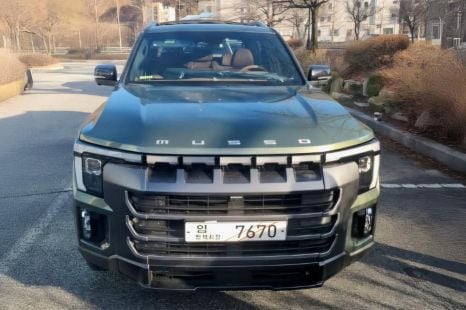

Damion Smy
2026 KGM Musso ute images leaked
1 Hour Ago
The ID.3 hatchback is locked in for Australia, but we won't see it until the mid-life refresh which could still be two years away.

Marketplace Editor
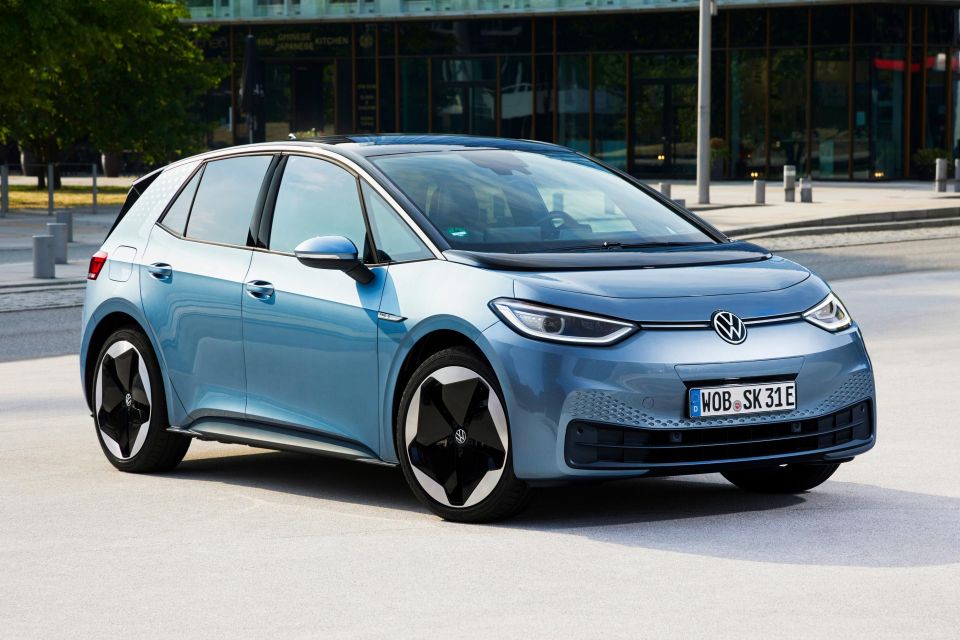

Marketplace Editor
The Volkswagen ID.3 all-electric hatchback is locked in for Australia, but we won’t be seeing it Down Under until its mid-life refresh in a few years time.
Volkswagen Australia has confirmed the brand’s Golf-sized EV is still some time away for our market, with the German manufacturer’s electric offensive to be led instead by the ID.4 and ID.5 SUVs in the latter stages of 2023.
Given the ID.3 only started hitting European driveways in the second half of 2020, the electric hatchback likely won’t be due in for its mid-life refresh until 2023 or 2024 if we use a typical six- to seven-year product lifecycle as a guide.
With that in mind, Australians should expect to see the updated ID.3 at some point in 2024 – likely the second half of the year – or early in 2025. That means we’d get the Golf-sized EV some four or five years after Europe.
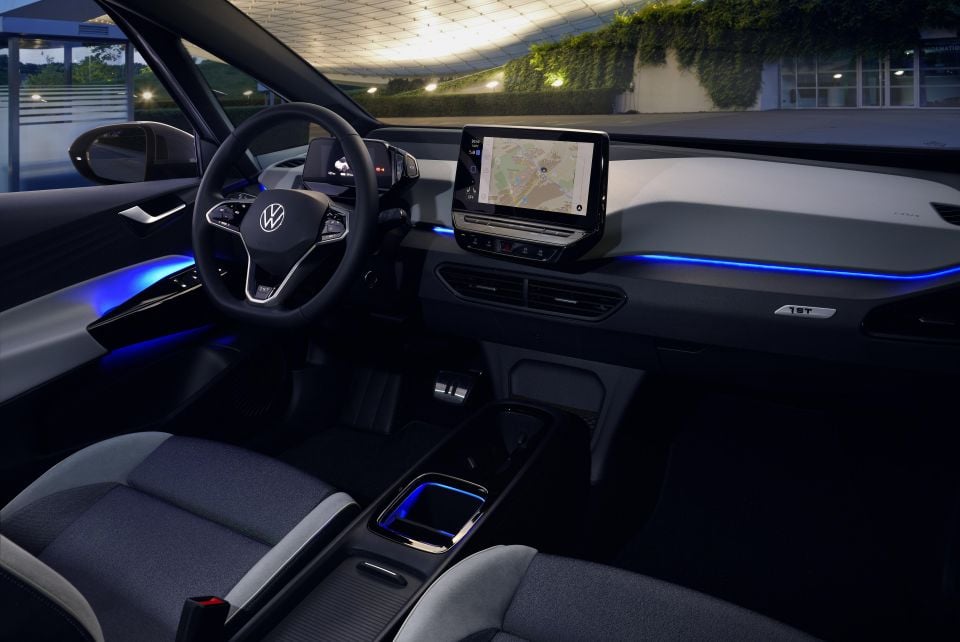
Built on the Volkswagen Group’s MEB scalable electric vehicle architecture, the ID.3 shares its bones with the larger ID.4 and ID.5 and is almost identical to the Cupra Born – which will land in Australia early in 2023.
The ID.3 is available globally with a range of battery packs and electric motor outputs, though it’s single-motor and rear-wheel drive only.
45kWh, 58kWh and 77kWh lithium battery packs are available, offering up to 548 kilometres of electric driving range. In its most powerful specification, the Volkswagen ID.3 produces 150kW and 310Nm and can accelerate from 0 to 100km/h in 7.3 seconds.
While not unveiled as yet, Volkswagen has previously confirmed plans to introduce an ID.3 GTX electric hot hatch, likely running the same 220kW dual-motor powertrain as the ID.4 and ID.5 GTX models. Given Australia is one of Volkswagen’s biggest markets globally for performance products, expect the GTX to be a top priority for the local arm.
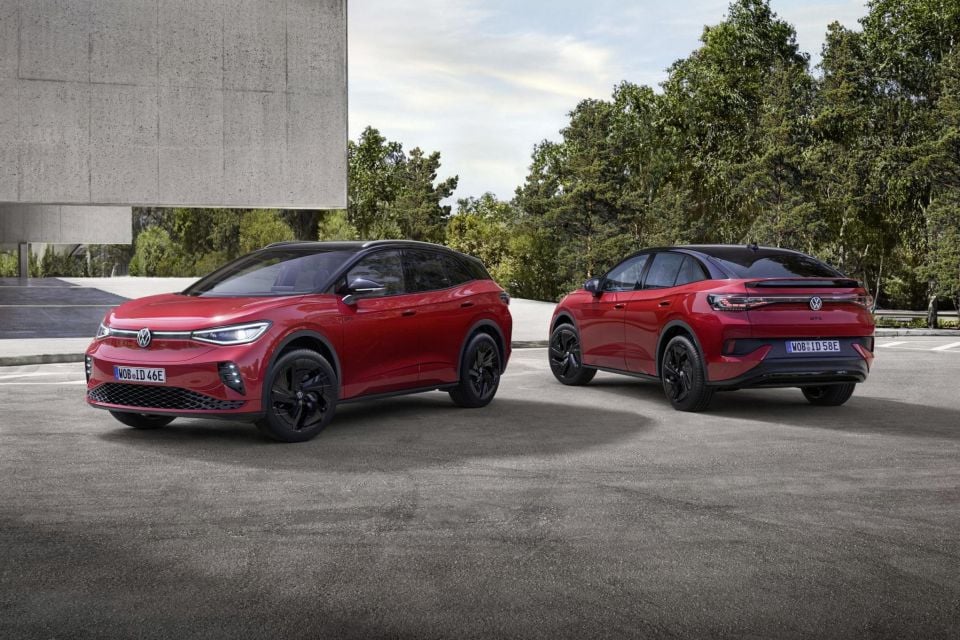
Despite pushing hard into the EV world globally, the Volkswagen Group has struggled to roll out its range in Australia – a range of 48V mild-hybrids, as well as plug-in hybrids and EVs are available in overseas markets like Europe, but remain out of reach here.
VW Australia has been vocal in recent history about our lack of emissions regulations and poor fuel quality being a barrier to securing its latest powertrain technologies, with vehicles like the ID.3 being prioritised for markets which pose hefty financial penalties for not meeting fleet emissions targets.
It’s not just Volkswagen either, brands including Ford, Hyundai and Kia, as well as Toyota have been unable to bring their global portfolio of hybrids and electric vehicles to the Australian market due to high demand in markets with tougher emissions legislation.
Things are changing, however. The newly-elected Albanese Labor Government has already legislated the fast-tracking of lower-sulphur petroleum by 2024 (rather than 2027), and is looking to drive national uptake of plug-in hybrids and electric vehicles through tax breaks.
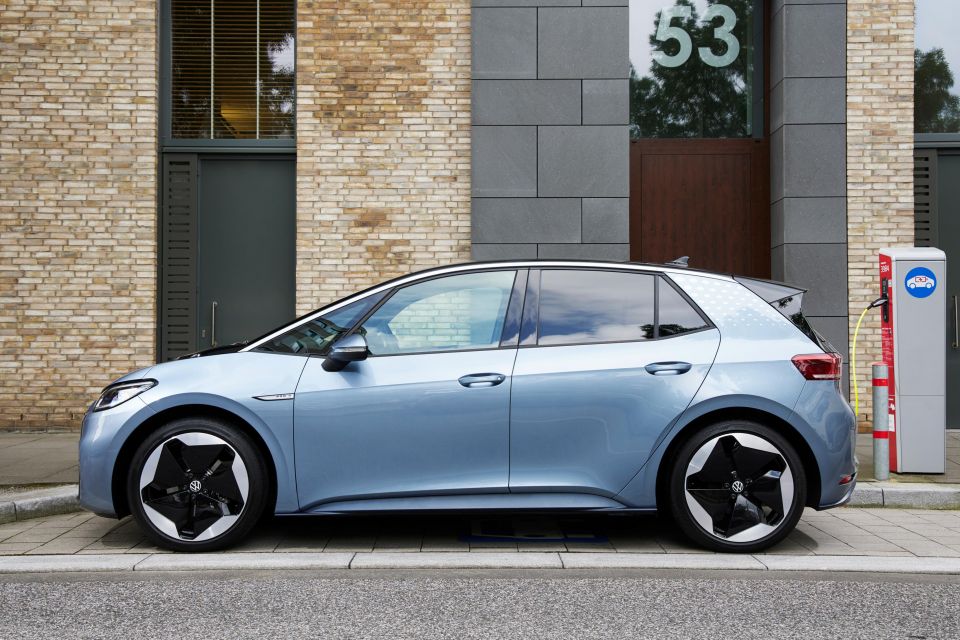
MORE: Volkswagen – EVs, newer engines on the radar thanks to Federal policy
Where expert car reviews meet expert car buying – CarExpert gives you trusted advice, personalised service and real savings on your next new car.
James Wong is an automotive journalist and former PR consultant, recognised among Australia’s most prolific motoring writers.


Damion Smy
1 Hour Ago
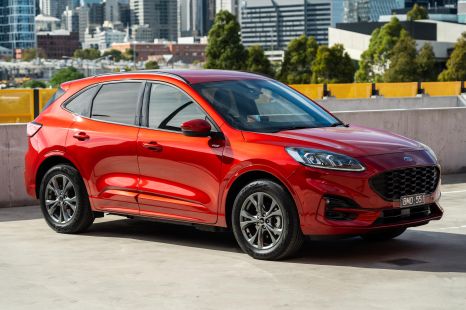

Damion Smy
3 Hours Ago
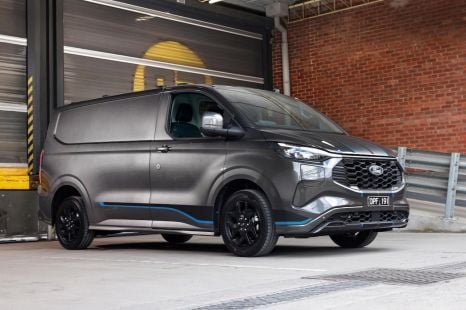

Damion Smy
3 Hours Ago
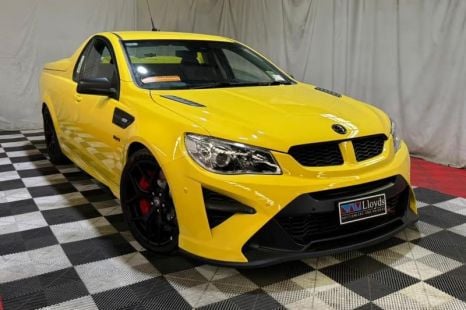

Damion Smy
4 Hours Ago
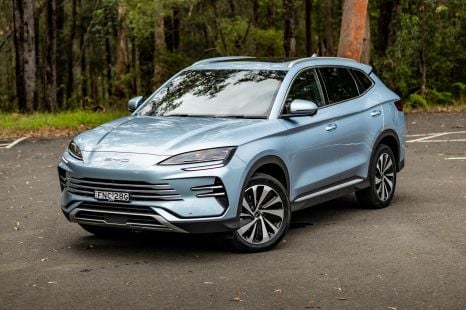

Josh Nevett
4 Hours Ago
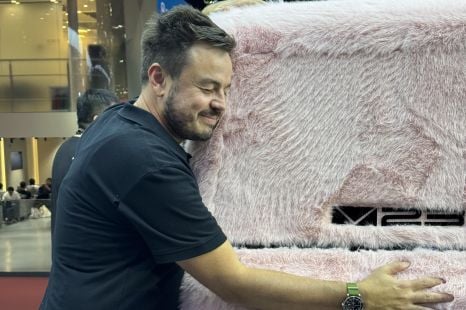

Max Davies
4 Hours Ago